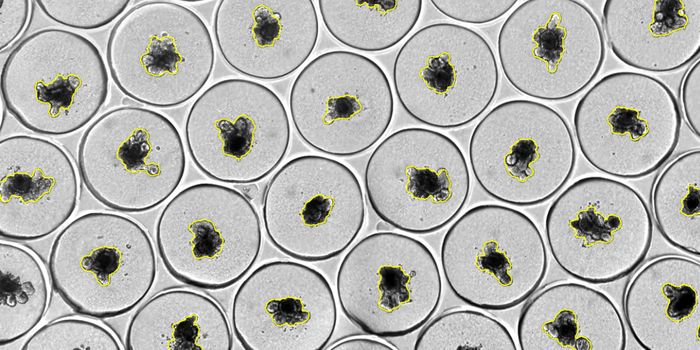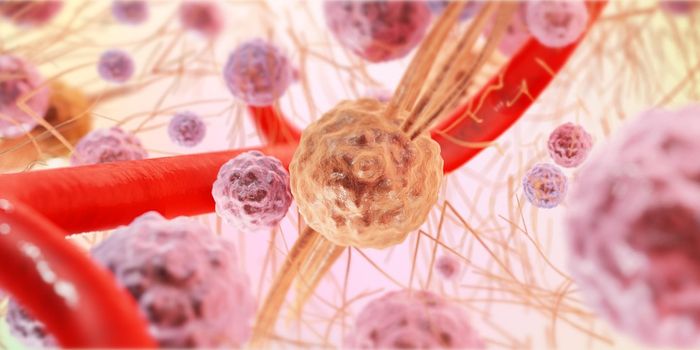The role of sleeper cells in metastasis
New research published in the journal Nature Communications aims to explain why some breast cancers recur following cancer treatment. According to collaborating researchers from Imperial College London, the University of Milan in Italy, and Yonsei University College of Medicine in Seoul, South Korea, breast cancer recurrence may be a result of the effect of adjuvant endocrine hormone therapy on some cancer cells.
"For a long time, scientists have debated whether hormone therapies — which are a very effective treatment and save millions of lives — work by killing breast cancer cells, or whether the drugs flip them into a dormant 'sleeper' state," explains Luca Magnani, from Imperial College London. "This is an important question as hormone treatments are used on the majority of breast cancers," he notes.
Through an analysis of roughly 50,000 single cells of human breast cancer, the researchers were able to grasp a more in-depth understanding of the role that sleeper cells play in metastasis. Nevertheless, say the authors, more investigation will be needed to fully comprehend the factors in play.
"Our findings suggest the drugs may actually kill some cells and switch others into this sleeper state. If we can unlock the secrets of these dormant cells, we may be able to find a way of preventing cancer coming back, either by holding the cells in permanent sleep mode or by waking them up and killing them," explains Magnani.
Dr. Rachel Shaw, who is the research information manager at Cancer Research UK, commented that the research could have potential for the development of new treatment methods. "Although treatments for breast cancer are usually successful, cancer returns for some women, often bringing with it a poorer prognosis. Figuring out why breast cancer sometimes comes back is essential to help us develop better treatments and prevent this from happening," she said.
"This study highlights a key route researchers can now explore to tackle 'sleeping' cancer cells that can wake up years after treatment, which could potentially save the lives of many more women with the disease," she hypothesizes.
Sources: Medical News Today, Nature Communications









